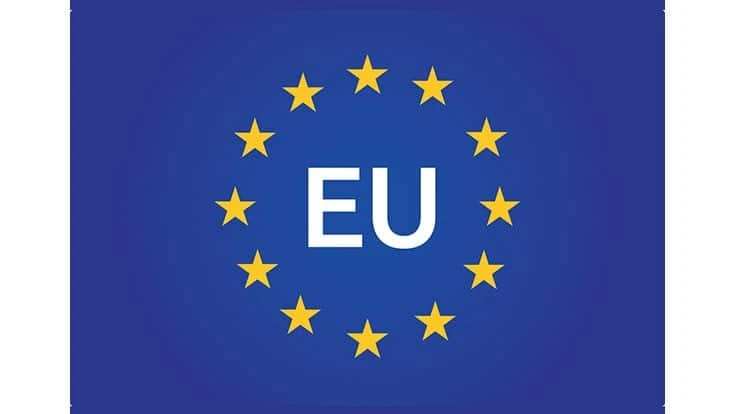
A Germany-based association known as Die Deutsche Umwelthilfe (DUH) has endorsed a European Union tax or fee on the “non-recycled plastic waste” disposed of by member states.
The levy on non-recycled discarded plastic is part of the larger EU COVID-19 recovery plan agreed to on July 21. On page 65 of the 68-page document stemming from that agreement, a section on new EU treasury streams includes a reference to a new fee that “will be introduced and apply as of 1 January 2021, composed of a share of revenues from a national contribution calculated on the weight of nonrecycled plastic packaging waste, with a call rate of EUR 0.80 per kilogram with a mechanism to avoid excessively regressive impact on national contributions.”
This targeting of unrecycled plastic has been met with a warm reception from a German government environmental official, according to an article posted on the Europaticker website. “The new plastic levy is a strong motivation for member states to massively expand their recycling systems,” remarks Jochen Flasbarth, Germany’s State Secretary for Environment. “It will depend on a concrete design that is as unbureaucratic as possible and leads to less plastic waste.”
Says Wolfgang Katzian, president of the Austrian Trade Union Federation (ÖGB), “The fact that [resource recycling] will be tackled in the coming year, starting with a tax on disposable plastic, in the future with CO2 compensation levies and with a digital tax, is good news.”
Comments DUH federal manager Jürgen Resch, “The EU is doing what the federal government should have done for years: it is finally taxing environmentally harmful plastic packaging. The only pity is that [the fee] is way too timid. We need a price that really causes a change in direction. And we need regulations that primarily end the littering of nature and cities with unnecessary disposable products, be it disposable plastic bottles, plastic bags or disposable coffee to-go cups.”
According to the DUH, the levied fee of 80 cents per kilogram is far too low. The group also says, “It is more effective to tax newly produced primary plastic in packaging when it is put into circulation.”
The Brussels-based European Plastics Converters association (EuPC) is concerned about the fate of collected fees. “As the revenues of the EU plastic tax are not earmarked to be invested into the waste and recycling infrastructure, it will not increase the recycling of plastic [scrap] in Europe,” says EuPC Managing Director Alexandre Dangis. “Instead, it will further increase the cost of plastic recycling and encourage the shift to other packaging materials with a bigger environmental impact. To truly increase recycling rates across Europe and protect the environment, taxation of the landfilling of plastic packaging [scrap] would be more efficient,” adds Dangis.
In addition to the agreed upon tax, the DUH says it backs a tax of at least 20 cents on what it considers particularly problematic disposable items, such as plastic bottles, plastic bags and coffee to-go cups.
Adds Resch, “The European Parliament and Chancellor Merkel have to ensure that the income is spent solely for the purpose of waste prevention and reusable funding. We also need a minimum quota for the use of recycled plastic to boost its use.”
Latest from Recycling Today
- Lautenbach Recycling names business development manager
- Sebright Products partners with German waste management equipment company
- WasteExpo transitions to biennial format for enhanced experiences
- Study highlights progress, challenges in meeting PCR goals for packaging
- Washington legislature passes EPR bill
- PureCycle makes progress on use of PureFive resin in film trials
- New copper alloy achieves unprecedented high-temperature performance
- Gränges boosts profits and sales volume in Q1 2025





